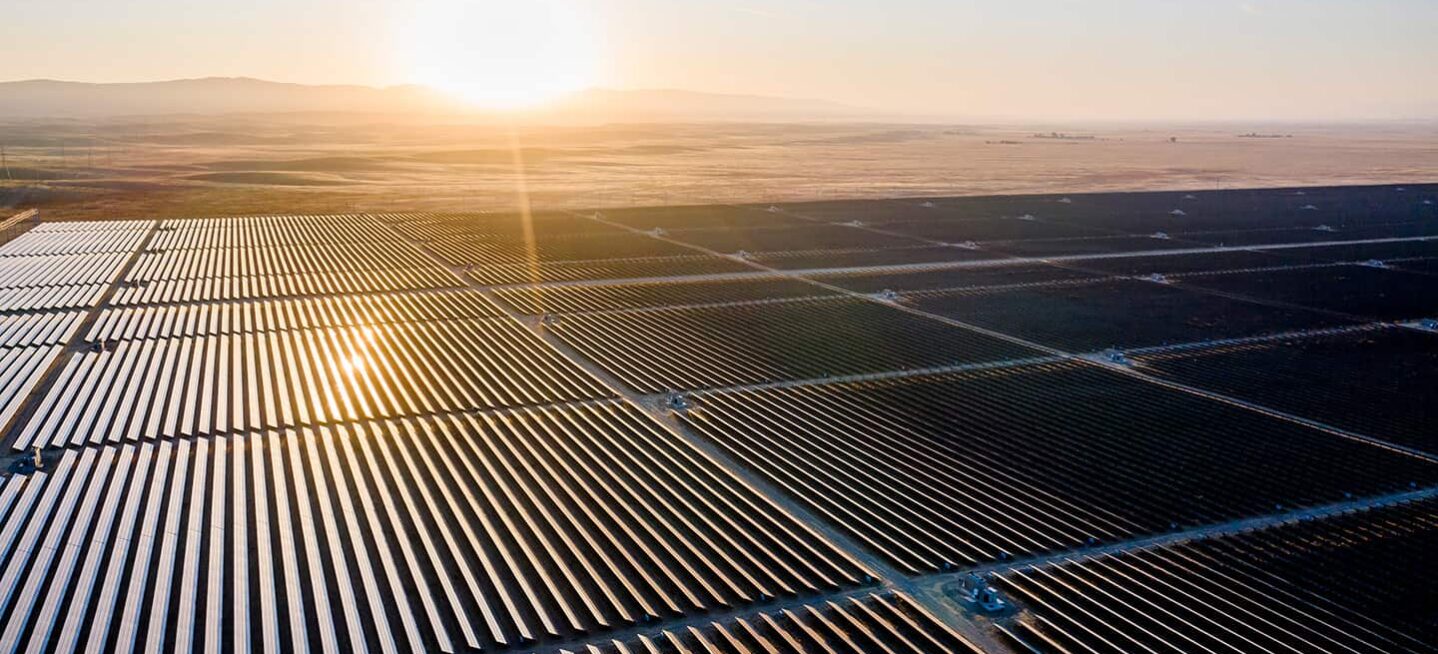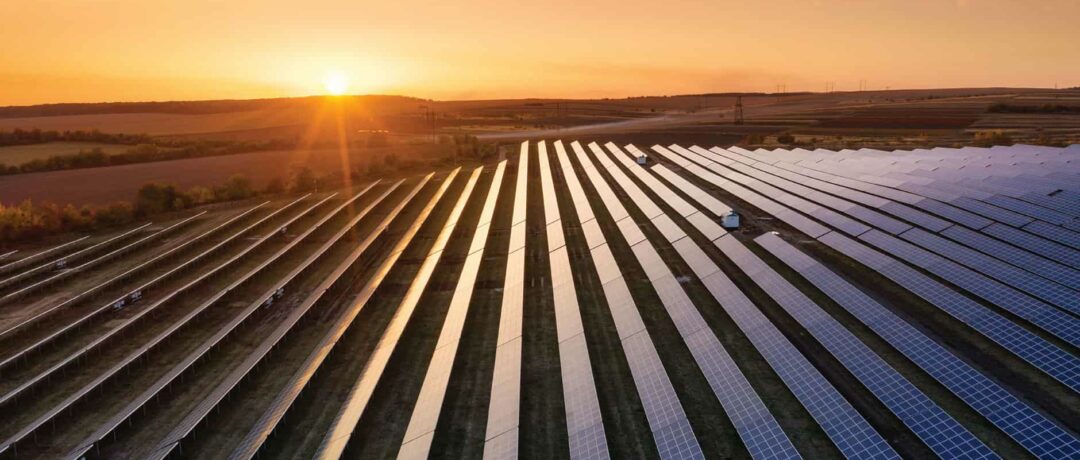It is a well-known fact that solar systems generate electricity, thus powering homes, buildings, and utility-scale grid providers. However, many people ask themselves a different question: can I get heat and electricity from the same solar panel? This question makes a lot of sense, as getting both power and heat from the same source would greatly reduce one’s bills.
But is it really possible? And can you truly save money while still having a good heating system in place? Read on to find out!
The Short Answer
Yes, solar panels can indeed generate both heat and electricity. So, in theory, you could use only your solar system to power your entire home, both in regard to electricity and heat. The only condition is to have a heating system that is powered by electricity.
However, you will definitely need more solar panels if you are planning to use them for heating. Namely, the average home needs at least 20-25 panels for electricity alone, and this number would need to be higher to also include heating.
How Does It Work?
In essence, you can use solar power to generate heating if you buy an electrically powered heating system. The system can work on solar energy even if it uses some type of natural gas or oil — as long as it has electrical components. In such cases, solar panels can reduce your electricity costs connected to this system, but they cannot replace gas or oil.
Ideally, you should combine your solar system with a high-efficiency heat pump. Such a combination will maximize your energy production per kWh, ensuring you actually save money in the process.
Another option is to use a resistance heater. However, such heaters turn electricity into heat less efficiently, meaning that you would need more solar panels to power them. In addition, you might have to rely on your utility company from time to time, as your solar system might not be able to cover all your power needs.
Finally, you might also want to consider solar collectors. These devices use sunlight directly to heat up water. This water then travels through heating pipes, warming your home that way.
It is important to mention that solar collectors do not produce electricity. Instead, they simply heat up water that you can then use to warm your house. Of course, you can also use the hot water directly if necessary.
Is It Reliable?
The heat generated via solar panels is only as reliable as the panels themselves. In other words, you might have a problem during winter or particularly cloudy days, as your panels might not be able to generate enough power.
However, there is an easy way around this problem. You simply need to supply your solar system with a battery. This battery can store excess energy that you can then access in case of bad weather. Thus, if a storm or blizzard hits, you will always have enough electricity to power all your appliances and keep your house warm.
Another option is to get a net metering policy. Net metering is a billing system that uses the electric grid to store excess power generated on particularly sunny days. This energy is available to you whenever you need it, be it at night or during the cold winter months.
To Conclude
In sum, you can indeed use your solar panels to generate both electricity and heat for your home. The only requirement is that your heating system is powered by electricity as well.
To ensure that you always have enough power and heat, it is best to either get a solar battery or a net metering deal. That way, you won’t have to worry about power outages at night or during fall and winter.
You May Also be Interested in These Solar Topics
How Fast Does Electricity Travel?
What is a Solar Panels Shelf Life?
Do Solar Panels Work in the Shade?





